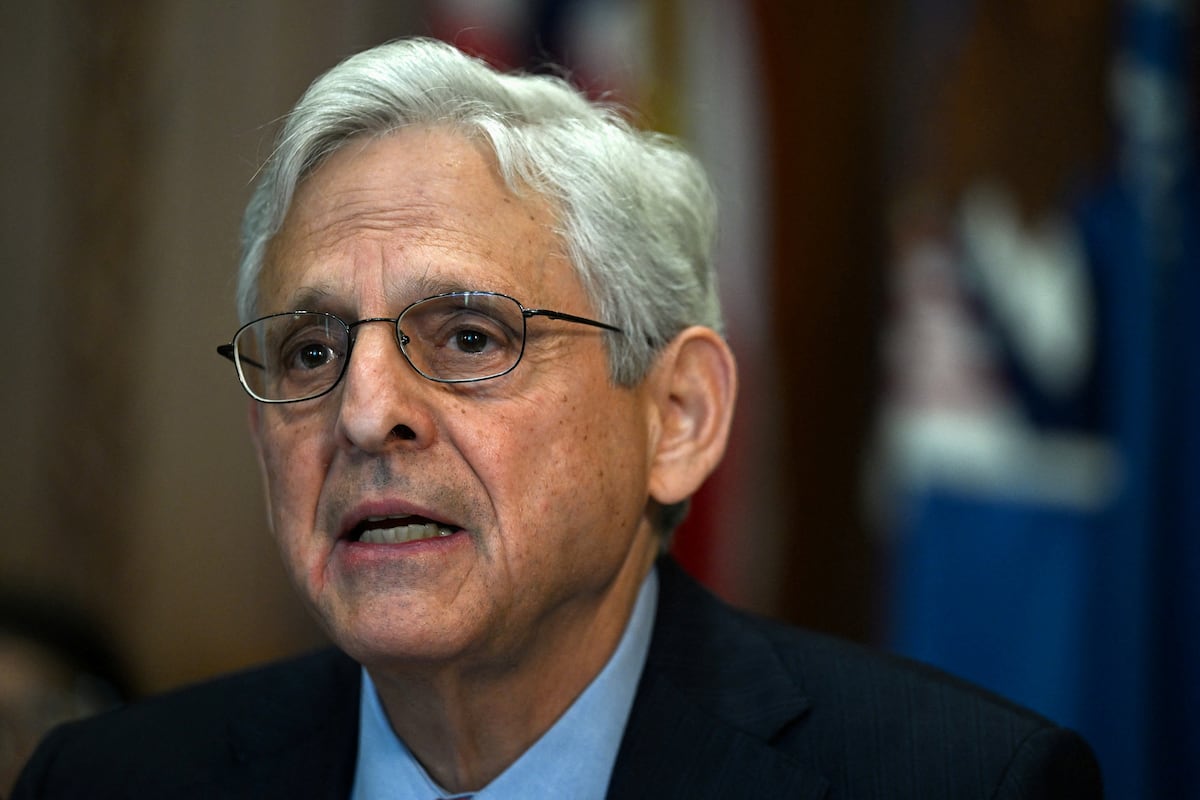Tough times for Hong Kong’s legal sector but future looking brighter, outgoing Law Society chief says – Technologist
Lay-offs and closures in the past year have caused gloom in Hong Kong’s legal sector.
US law firm Winston & Strawn closed its office in the city in February after a 15-year presence, while Mayer Brown announced last month that its Hong Kong operations would be split to form a separate partner firm.
In an interview with the Post, Chan acknowledged that his three-year tenure as president was marked by challenges ranging from pandemic-related travel restrictions to a sluggish economic recovery, which led to a drought in mergers and acquisitions and initial public offerings last year.
“It is an undeniable fact that the past five years have been very challenging for Hong Kong, both in terms of the geopolitical environment and also from an economic point of view. So business is not good in Hong Kong, and the Hong Kong legal industry is inevitably being affected,” he said.
Hong Kong branches of law firms headquartered in the United States and Britain were also seeing “an impact on their practice”, he said, as their consideration for taking on clients was complicated by heightened geopolitical tensions between China and the West.
“If you are a US firm in Hong Kong, the consideration now is quite different from five years ago … if there’s an ever-growing sanction list of Chinese companies, obviously, US firms and foreign firms will need to do more due diligence before they decide who to act for,” said Chan, highlighting how businesses were affected.
Law Society statistics showed 73 foreign law firms were registered in Hong Kong in April, down 21 per cent from 92 four years ago.
While the number of society members with practising certificates had grown from 10,356 to 11,470 in the same period, Chan noted several international partners decided to relocate to Singapore when it rolled back pandemic-related border control measures in early 2022.
“I’ve heard that sometimes it’s quite difficult for a family to relocate mainly because of the children … some of them may not come back,” he said.
Chan also urged Hong Kong-based firms to maintain a more international portfolio of clients, as the city had been losing out to other jurisdictions, including Singapore, which also has a common law system with 70 per cent of its population being Chinese.
“We look after our clients in China and their interests, but we also serve international clients when they have an interest in investing in China. And that’s what Hong Kong is always good at. And we should maintain that strength,” he said.
He stressed that Hong Kong should have great appeal to overseas clients as it had strengths not shared elsewhere, such as arrangements with the mainland in reciprocal enforcement of judgments and mutual recognition of arbitral awards, as well as a high concentration of mainland bank branches.
But Chan expressed optimism over the profession’s long-term fortunes, given that Hong Kong was the only common law jurisdiction within China, the world’s second-largest economy.
He said the city’s attractiveness ultimately lay in its ability to maintain its legal infrastructure.
“Hong Kong is a rules-based society. And we have a world-renowned independent judiciary. So let’s make good use of this system,” Chan said.
“Enhance what we have and hopefully, the common law system and our bilingual system will be here to stay.”


